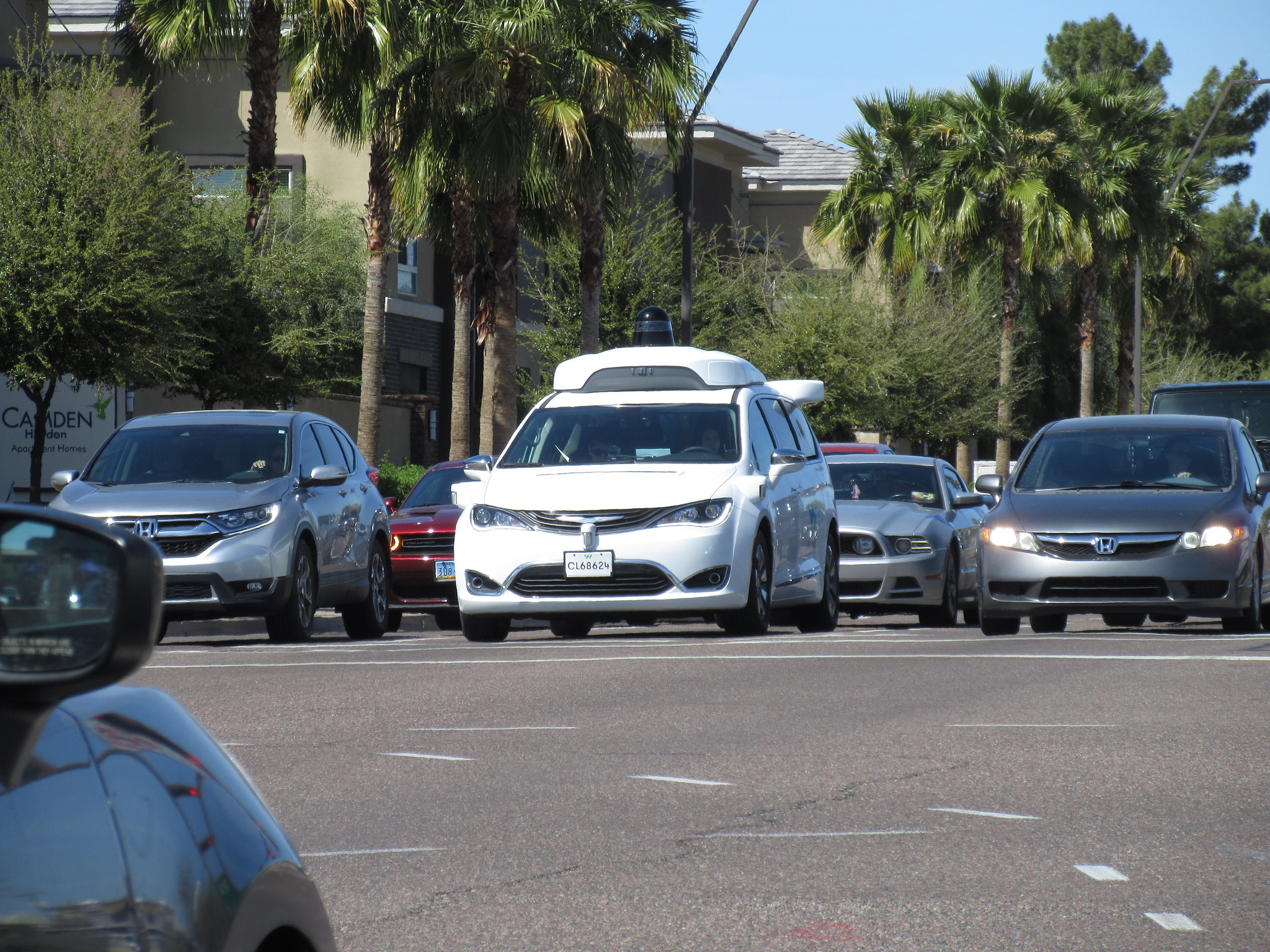Congress is looking to regulate the fast-evolving driverless-car industry, but a new study shows that the vehicles would lead to more urban traffic congestion and would draw riders away from transit — making them a bad deal for cities.
The study, which surveyed more than 500 car and transit commuters in the southern Australian city of Adelaide in 2017, found that the introduction of self-driving vehicles might mean slightly fewer cars on the road — but those cars would make more trips and and cause more congestion because commuters prefer to ride solo rather than carpool.
Plus, if the costs were similar, transit riders would likely use buses and trains less frequently in favor of riding in AVs.
AVs could become popular, the survey found — more so with transit commuters than car owners. The technology appealed to 69 percent of transit commuters and 60 percent of motorists. As a result, the authors concluded that the large-scale adoption of AVs would undermine transit and "risks stimulating an increase in urban sprawl."
Cities ought to beware: "Urban policy to counter the potential negative effects of the introduction of AVs is needed," they wrote.
The research has significant implications for the automobile industry and federal legislators, who are rushing to draw up regulations that would enable driverless cars in all 50 states.
So far, 13 states have passed legislation or an executive order to study autonomous vehicles, while another dozen allow car companies to test vehicles on state and local roads without a human driver.
But the revved-up roll out has not gone smoothly. Uber rushed to get its self-driving taxis onto the market despite concerns from a company whistleblower about frequent crashes. In March 2018, an autonomous Uber vehicle with a back-up driver struck and killed a pedestrian in Tucson. Prosecutors declined to prosecute the company.
The self-driving car industry has its boosters on Wall Street and in Congress, although automobile and technology experts don't expect consumers to be able to purchase the vehicles for more than a decade. If the testing stage continues to flounder as cars fail to sense pedestrians and cyclists in the roadways and avoid hitting them, it could take even longer.
That isn't stopping Congress from getting ahead of the industry's innovations. Legislative efforts stalled last year after a handful of Senate Democrats were skeptical the vehicles could safely ferry passengers and sense pedestrians in the road.
This time, the House Energy and Commerce and Senate Commerce committees are separately writing portions of an AV package in hopes of finding consensus. A partial draft of the latest version includes less controversial sections about car testing and evaluation as well as the establishment of an automated vehicles advisory council has been circulating among congressional aides and advocates in Washington.
But House aides have not released provisions that address cybersecurity, arbitration, federal preemption of state law, and other rule making. The safety of pedestrians, cyclists, and other road users is also a top concern among lawmakers in both parties.
Transportation advocates are holding their fire and waiting until the full draft of the bill gets released before commenting.





